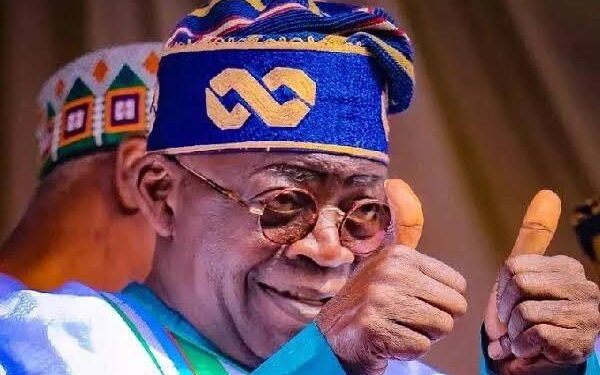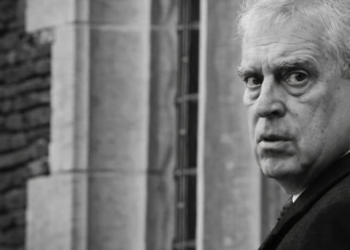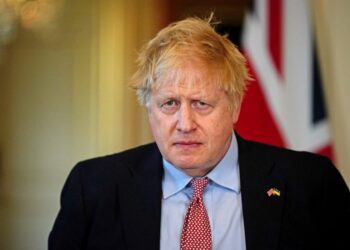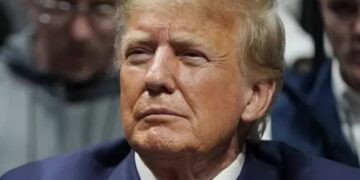The Presidency has again defended President Bola Ahmed Tinubu’s suspension of Governor Siminalayi Fubara and other political figures in Rivers State. The presidency rejects allegations that the suspension of the governor and lawmakers was a move to consolidate power, Instead, the administration insists the intervention was necessary to prevent the state from descending into chaos.
Presidency Justifies Intervention
In a statement released on Sunday, March 23, 2025, the Special Adviser to the President on Information and Strategy, Bayo Onanuga, defended the suspension as a decisive measure to prevent a breakdown of governance. Onanuga emphasized that delaying action would have been reckless and irresponsible given the escalating crisis.
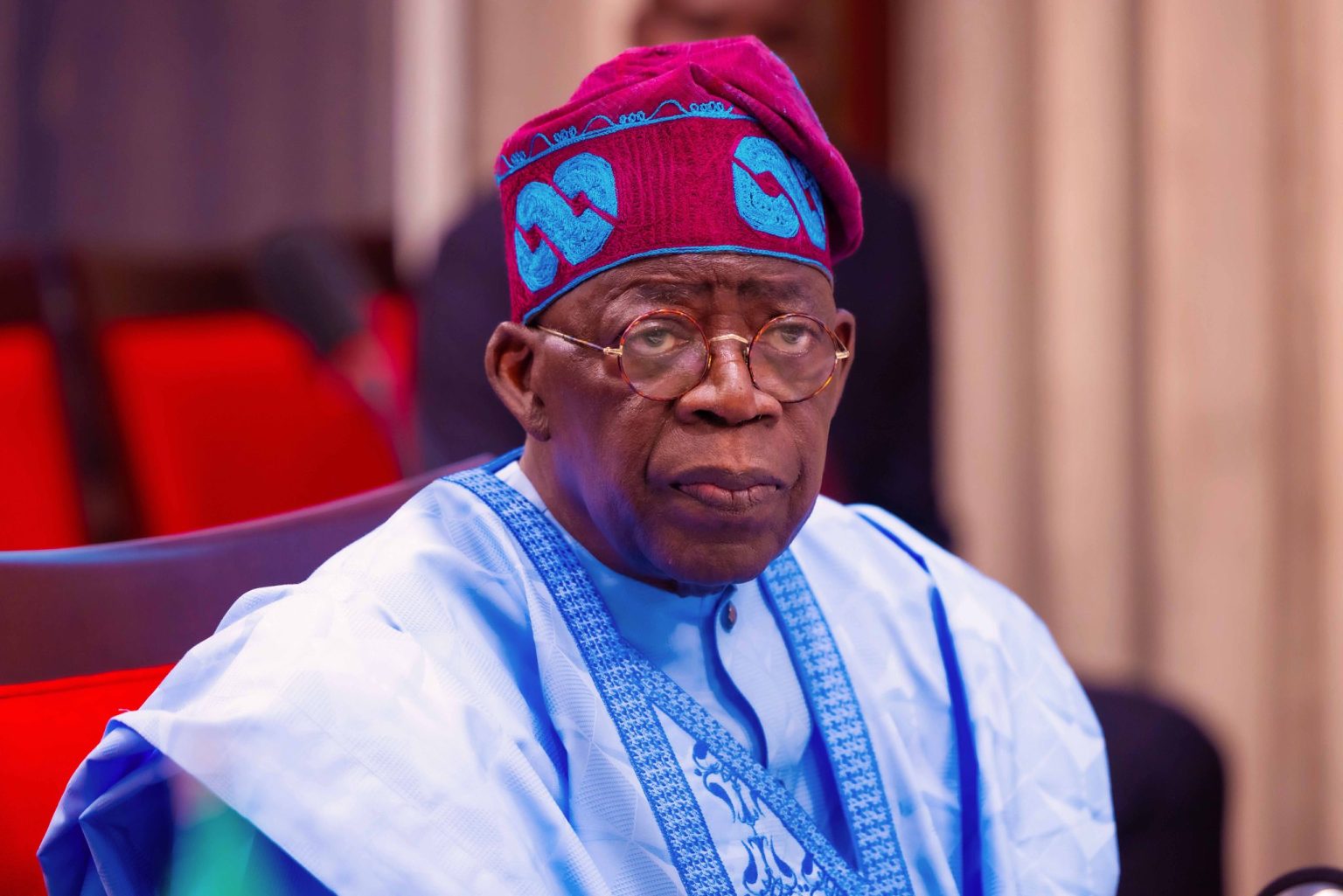
“The political standoff could have spiraled into violence, with attacks on lawmakers and the state’s vital oil infrastructure at risk. Schools and hospitals would shut down, investors would flee, and the human and economic toll would be catastrophic,” Onanuga stated.
Roots of the Crisis
The conflict in Rivers State, according to the Presidency, stems from a prolonged power struggle between Governor Fubara and members of the State House of Assembly loyal to former Governor Nyesom Wike. The dispute has paralyzed governance, with Supreme Court rulings being disregarded by both sides.
Intelligence reports, Onanuga claimed, indicated that militants in the creeks were preparing to sabotage critical oil infrastructure, posing a significant threat to Nigeria’s economic stability. By March 18, the Presidency argued, the situation had escalated beyond political mediation, necessitating federal intervention.
Legal Basis and Historical Precedents
Citing Section 305 of the Nigerian Constitution, which empowers the President to act during a breakdown of law, order, and economic stability, the Presidency argued that Tinubu’s actions were lawful and necessary. The statement also referenced historical precedents, including past states of emergency in Plateau and Borno, to further justify the decision.
“This is no power grab,” Onanuga asserted. “The intervention is temporary, surgical, and aimed at restoring—not replacing—democratic institutions. The six-month suspension is designed to disarm warring factions and stabilize governance.”
Critics Accused of Hypocrisy
The Presidency criticized those opposing the intervention, accusing them of turning a blind eye to Governor Fubara’s alleged refusal to cooperate with the legislature. Onanuga argued that the administration’s actions were in defence of democracy, not an assault on it.
“Democracy cannot thrive amid lawlessness—anarchy is its antithesis,” he said, urging critics to consider the broader implications of an unstable Rivers State on the nation’s economy.
Steps Toward Stability
As part of efforts to restore order, President Tinubu appointed Vice Admiral Ibok-Ete Ibas (Rtd.) as the Administrator of Rivers State. Ibas has begun engaging with traditional leaders to foster long-term peace and ensure the return of democratic governance.
The Presidency assured Nigerians that the state of emergency would be lifted once stability is achieved, allowing elected officials to resume their duties.
Conclusion
Defending President Tinubu’s actions, Onanuga invoked 18th-century philosopher Edmund Burke’s famous quote: “The only thing necessary for evil to triumph is for good men to do nothing.”
“The calm in Rivers today vindicates the President’s decision. He deserves commendation, not condemnation,” the statement concluded, reaffirming the administration’s commitment to restoring order while preserving democratic institutions.

